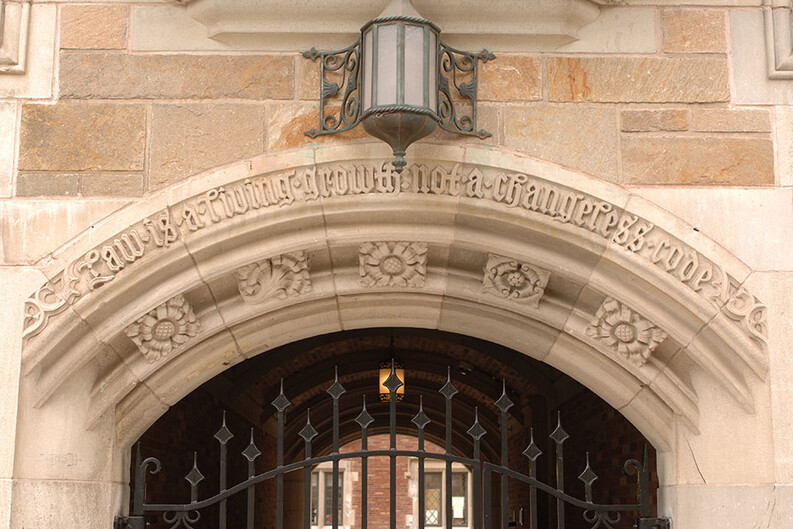ACUS Adopts Recommendation by Professor Elliott and Chas Tyler ’13

The Administrative Conference of the United States (ACUS) has adopted a formal recommendation that originated as a one-on-one discussion of severability clauses in federal regulations between Adjunct Professor of Law E. Donald Elliott ’74 and Charles (Chas) W. Tyler ’13.
The recommendation on Severability in Administrative Rulemaking was adopted at ACUS’s most recent plenary session in June, the result of a years-long collaboration between Elliott and Tyler, both consultants to the project.
According to the ACUS, the new recommendation “encourages federal agencies that anticipate litigation over their rules to consider early in the rulemaking process whether a rule is severable,” or able to be divided into independently functioning portions. The recommendation also provides “steps agencies should take if they intend that portions of a rule should continue in effect even though other portions have been held unlawful on judicial review.”
Elliott and Tyler’s initial conversations about severability clauses in statutes began at Yale Law School over lunch and in a section of Administrative Law taught by Elliott when Tyler was in his class.
Those informal discussions eventually became a fully-fledged article, published in the Yale Law Journal in 2015. The article showed empirically that as of 2015, federal administrative agencies infrequently included severability clauses in their rules. Congress, on the other hand, often includes severability clauses in statutes.
“If anything, we thought the opposite should be true,” said Tyler, “since federal administrative agencies are in a better position to say whether they would prefer that portions of a rule remain in effect, even if other portions are held to be unlawful.” The article posited that agencies seldom use severability clauses because they have generally not been given much weight by courts. As a result, courts often invalidate an entire rule when portions are found unlawful.
Elliott and Tyler argued that agencies should consider using severability clauses, and that doing so would have the benefit of preserving large portions of agency rules not held unlawful. “The current alternative to this approach is to ask courts to decide whether the remainder of a rule should stay in effect,” said Tyler. Elliott and Tyler also proposed a framework for how courts should accord greater deference to severability clauses included in agency rules.
Their article became the focus of a roundtable discussion hosted by ACUS, the independent federal agency tasked with recommending improvements to administrative process through consultation with public and private sector experts.
Elliott and Tyler’s proposals were first fully implemented in the Environmental Protection Agency’s Clean Power Plan rule, the Obama administration’s major policy on climate change. Additionally, several federal district courts have cited their YLJ article when determining what remedy to order after finding a portion of a federal regulation to be unlawful.
For Elliott, the evolution of his and Tyler’s conversations into an official ACUS recommendation exemplifies how work started at YLS can eventually affect the functioning of government agencies. “It is a good example of how ideas that germinate in class, become scholarship, and then can have an actual practical effect on the law,” Elliott said.
Professor Elliott specializes in administration and environmental law. Chas Tyler is a research fellow in the Constitutional Law Center at Stanford Law School. He writes frequently on administrative law, constitutional law, and civil procedure. At YLS, he was an editor of the Yale Law Journal and a recipient of the Beinecke Scholarship.


